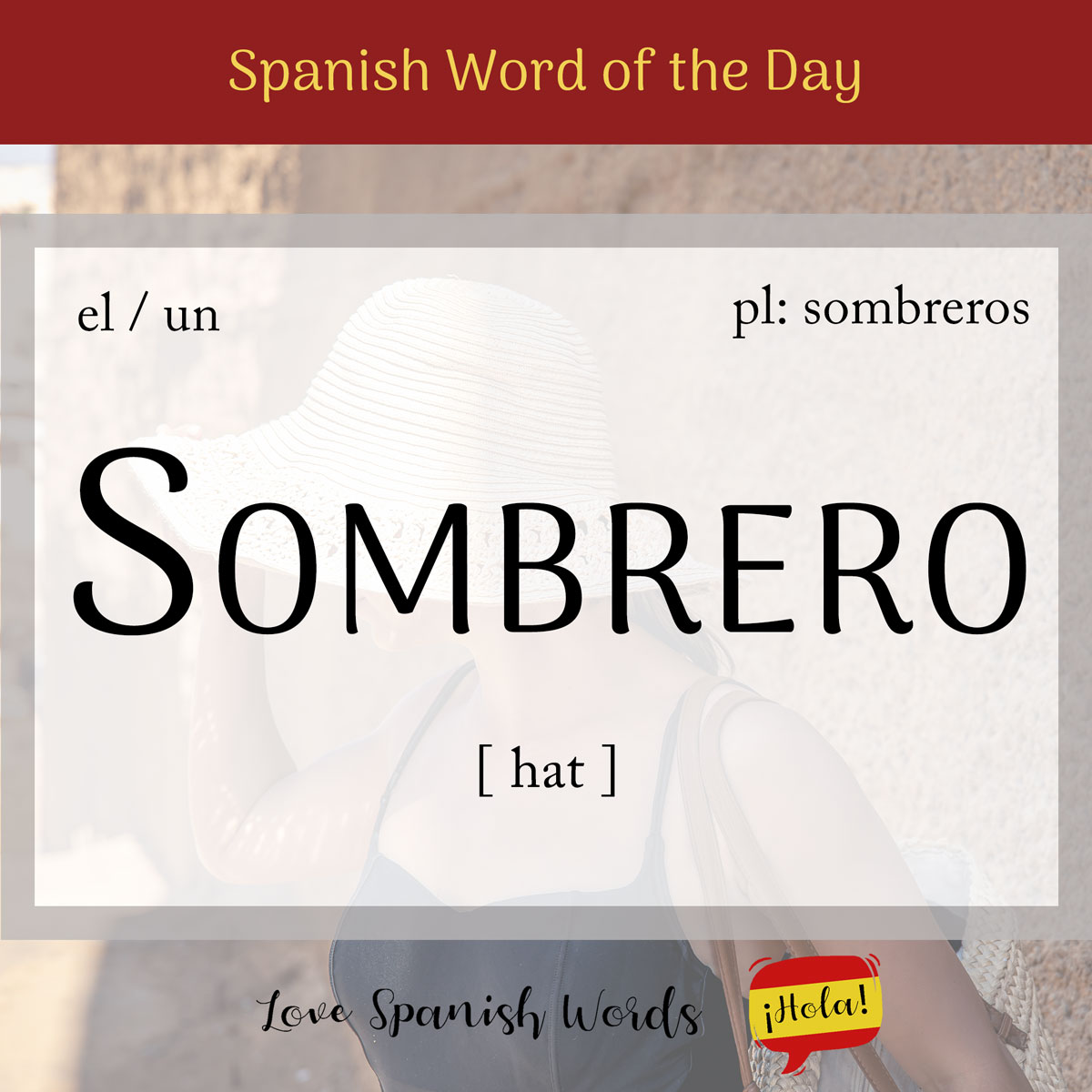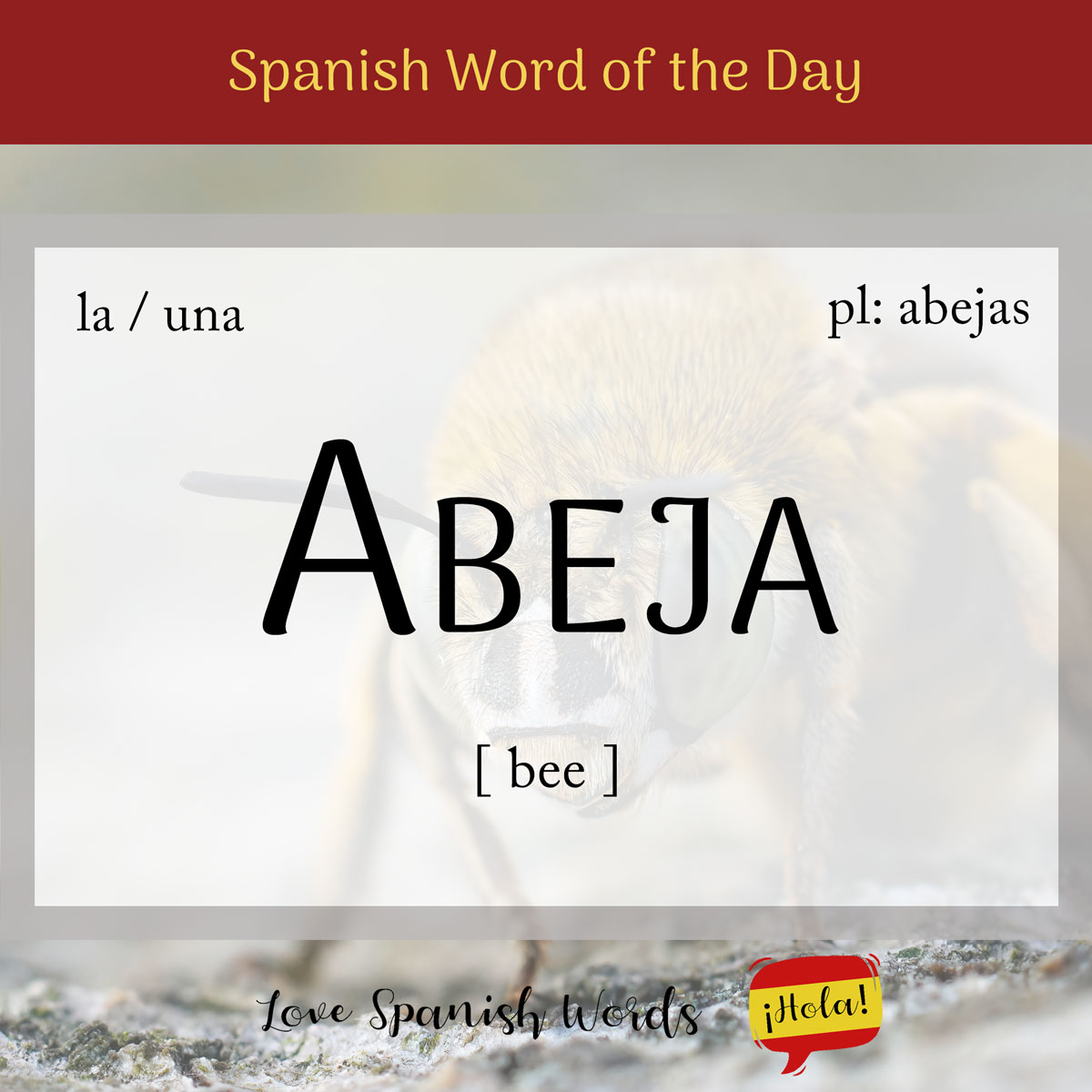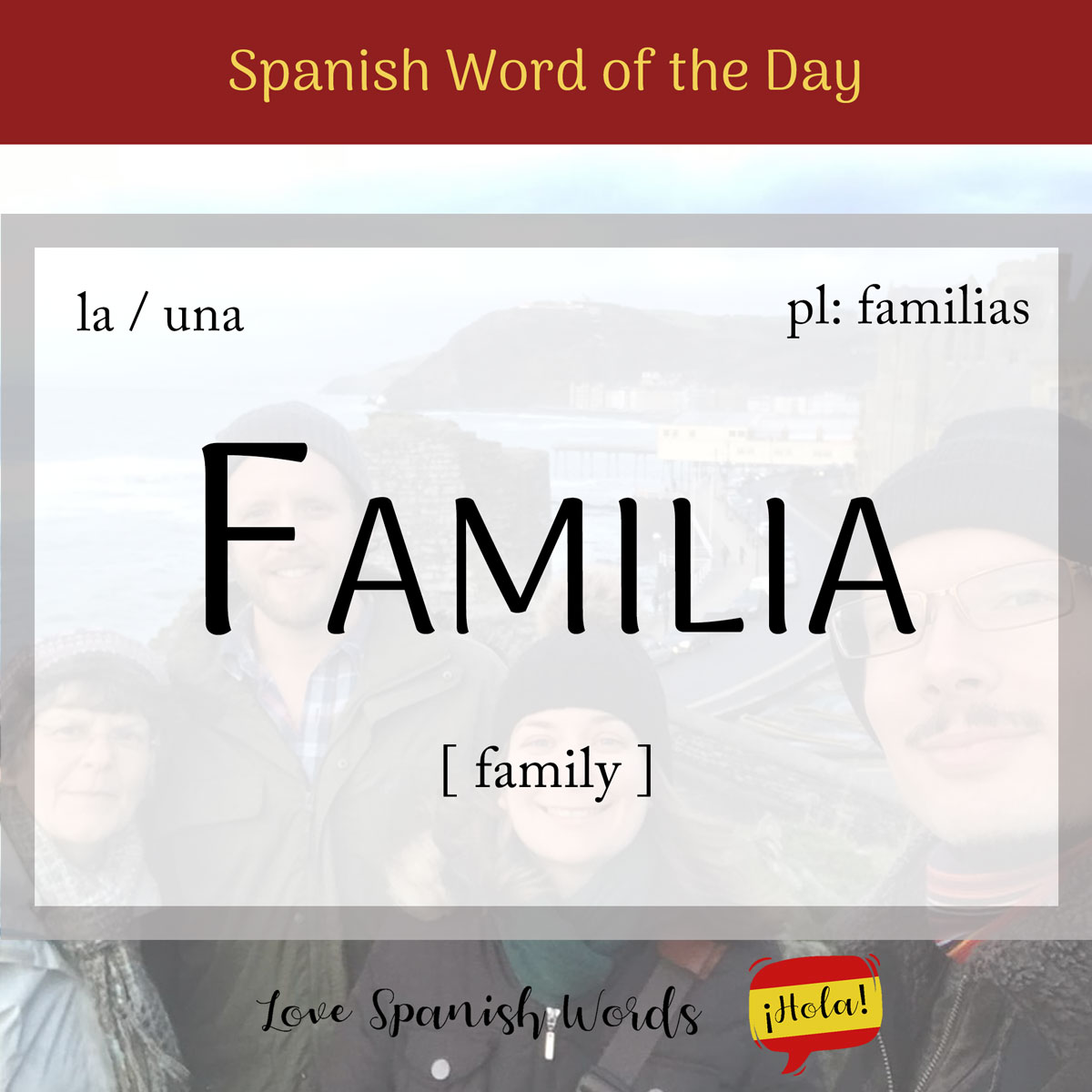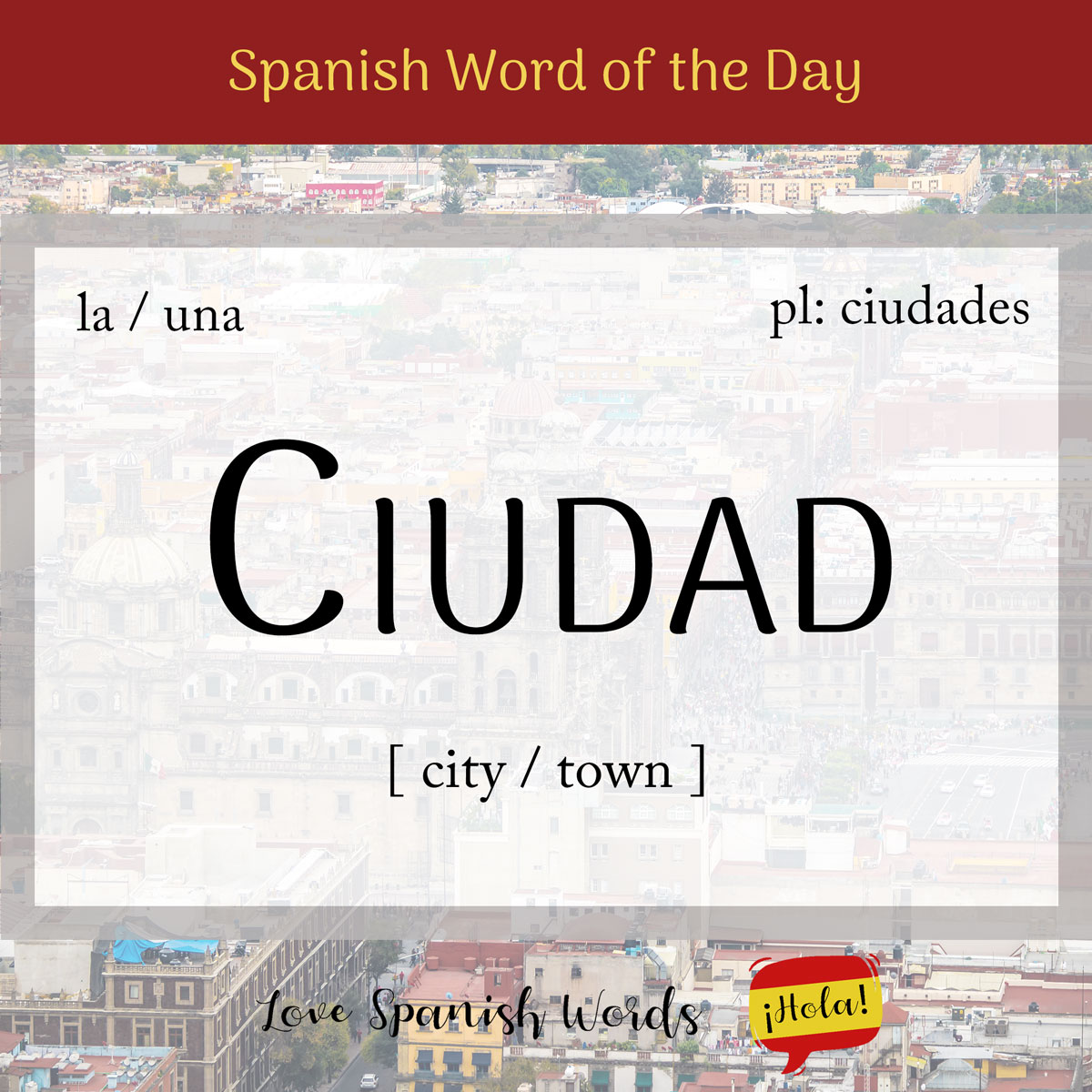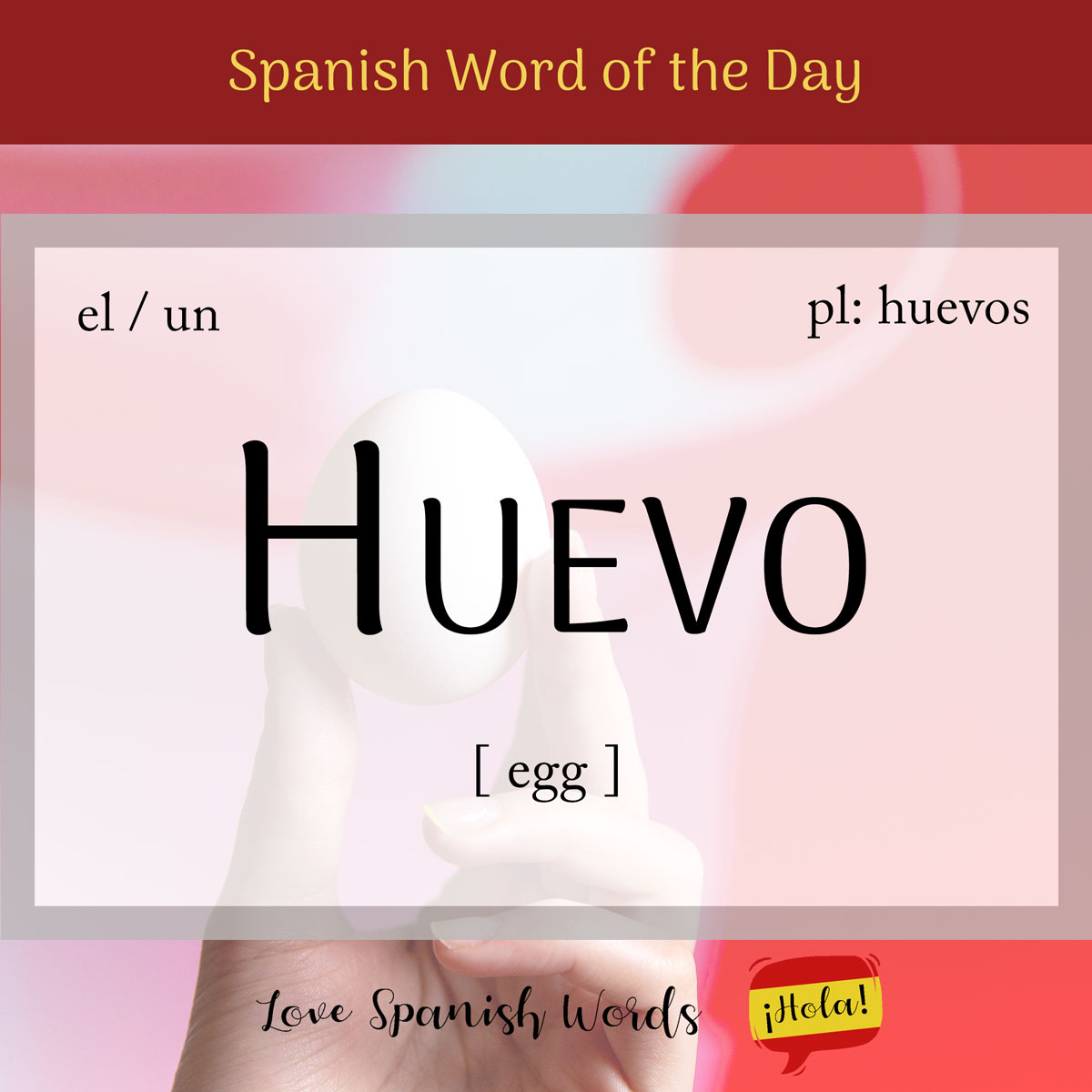Spanish Word of the Day: Sombrero (hat)
When you hear the word sombrero, the first image that likely comes to mind is the traditional wide-brimmed Mexican men’s hat. However, in the Spanish language, sombrero generically refers to any hat with a brim that runs completely around the crown. Latin American Pronunciation European Pronunciation It’s common for specific terms to be borrowed from …

